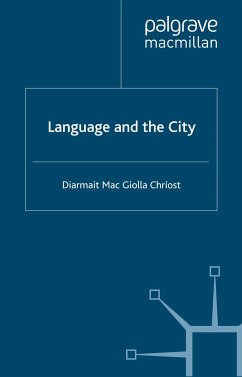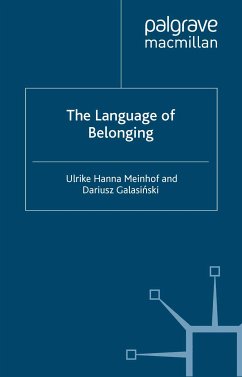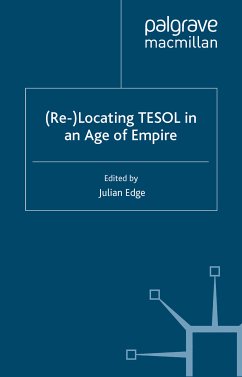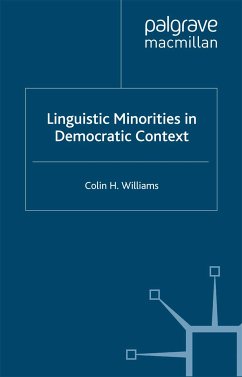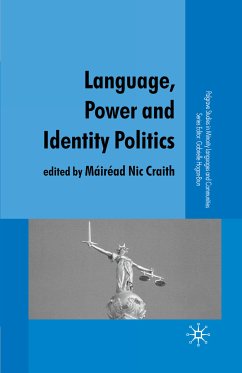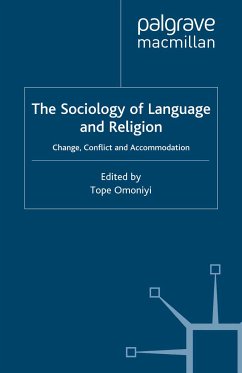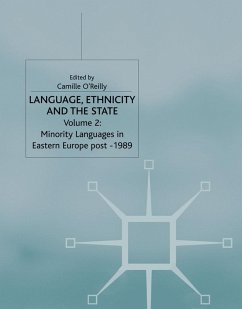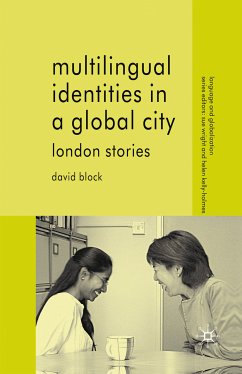Dieser Download kann aus rechtlichen Gründen nur mit Rechnungsadresse in A, B, BG, CY, CZ, D, DK, EW, E, FIN, F, GR, HR, H, IRL, I, LT, L, LR, M, NL, PL, P, R, S, SLO, SK ausgeliefert werden.
'Mac Giolla Chríost writes with scholarly confidence...this book poses important questions for a greater understanding of the relationship between the city, language and linguistic diversity.' - Robert Blackwood, Language Policy

